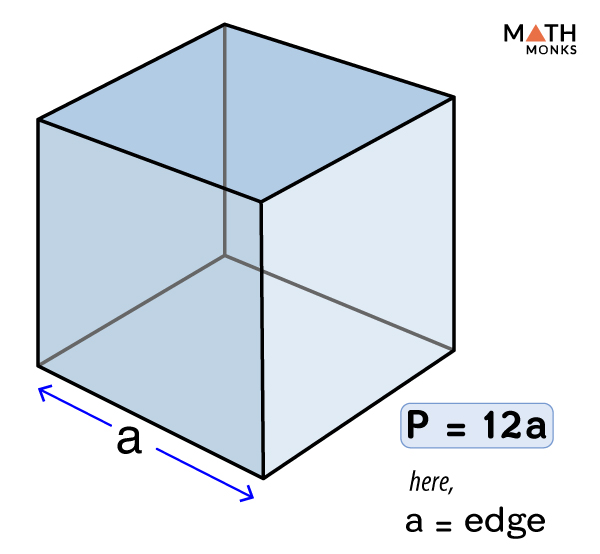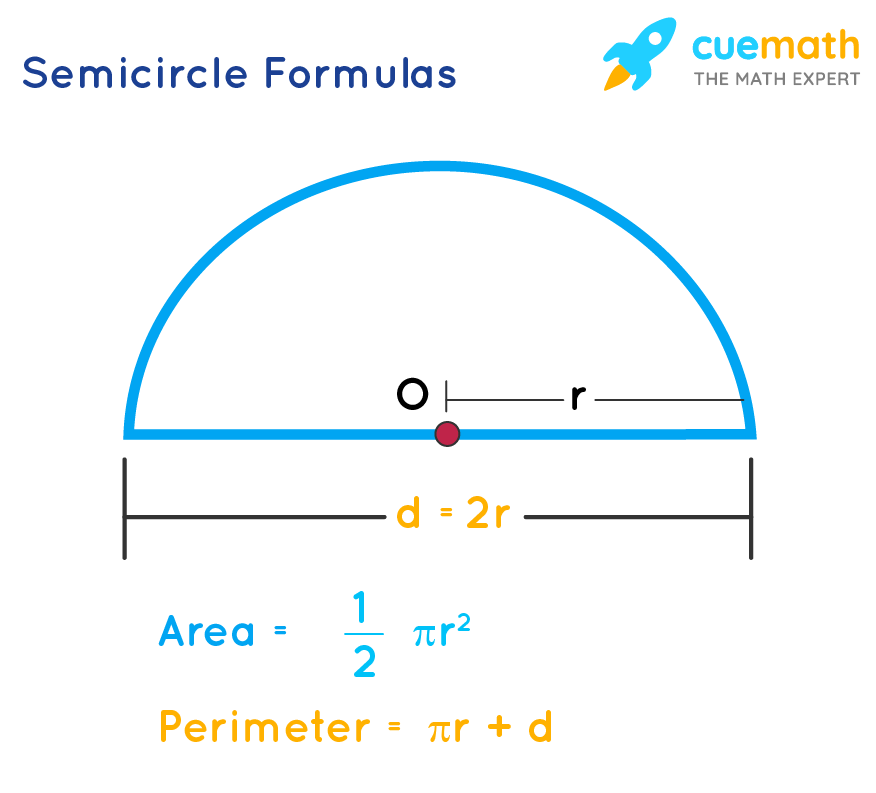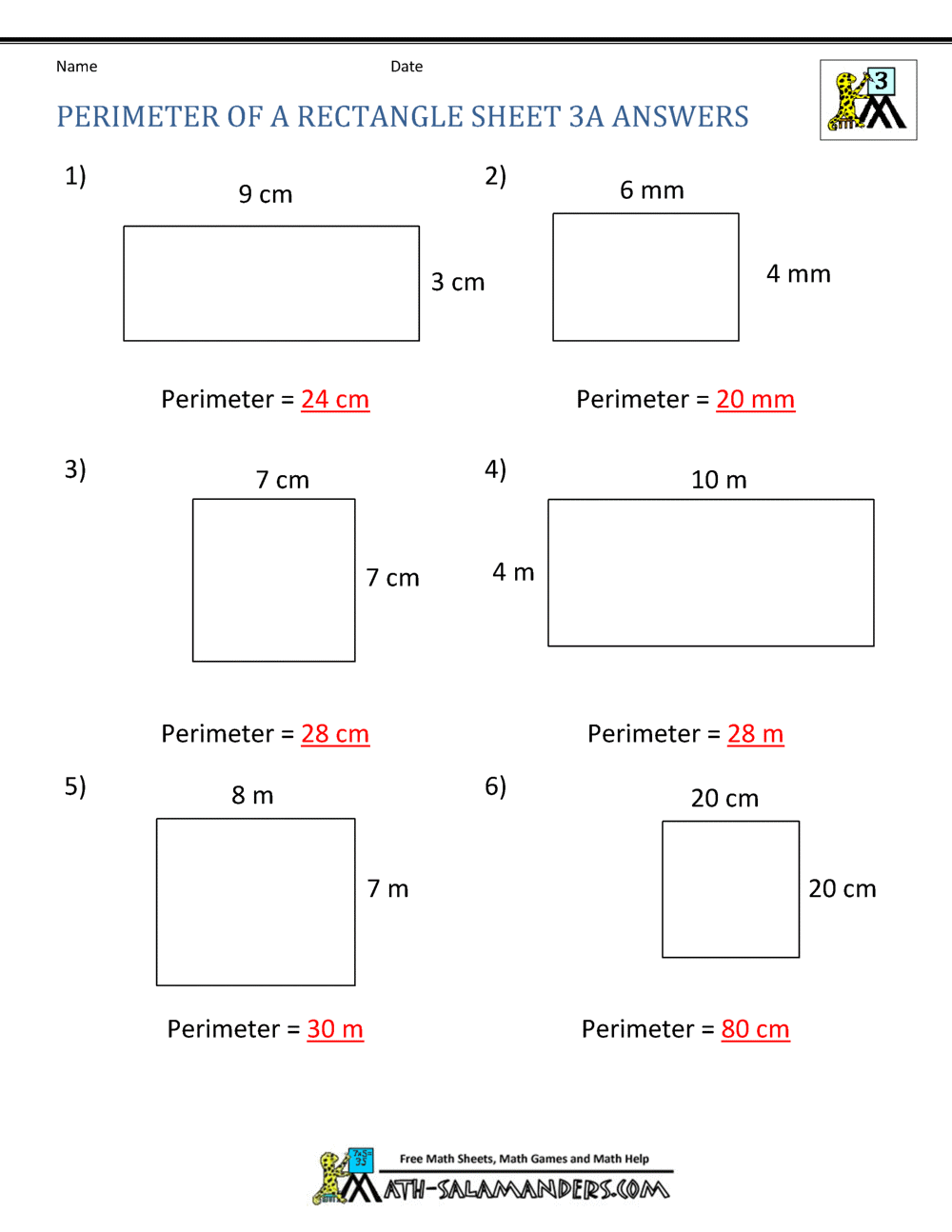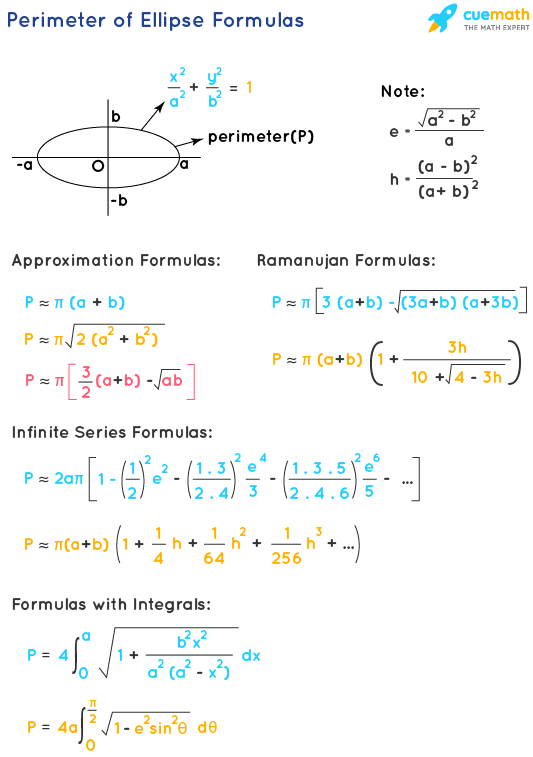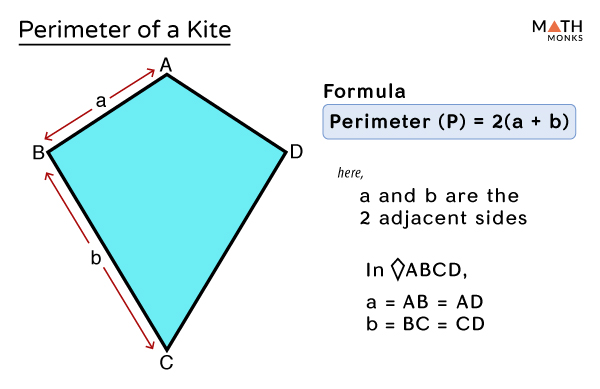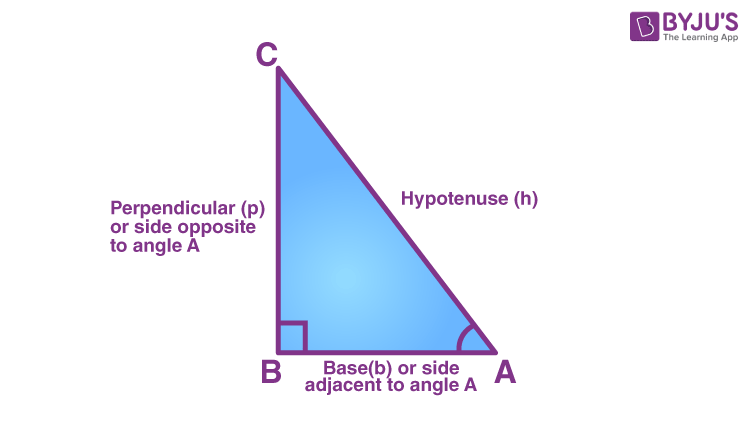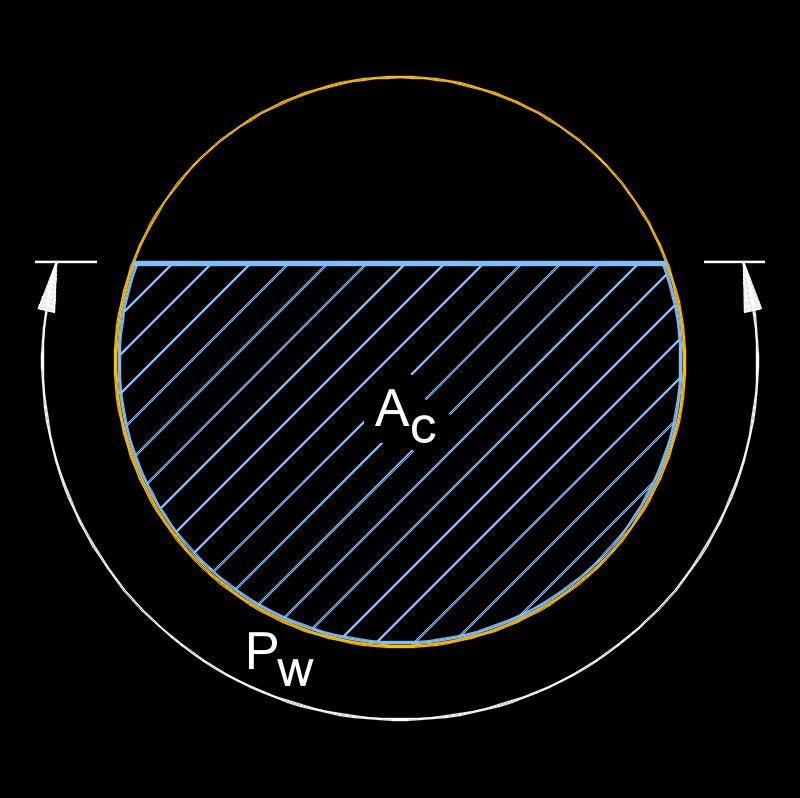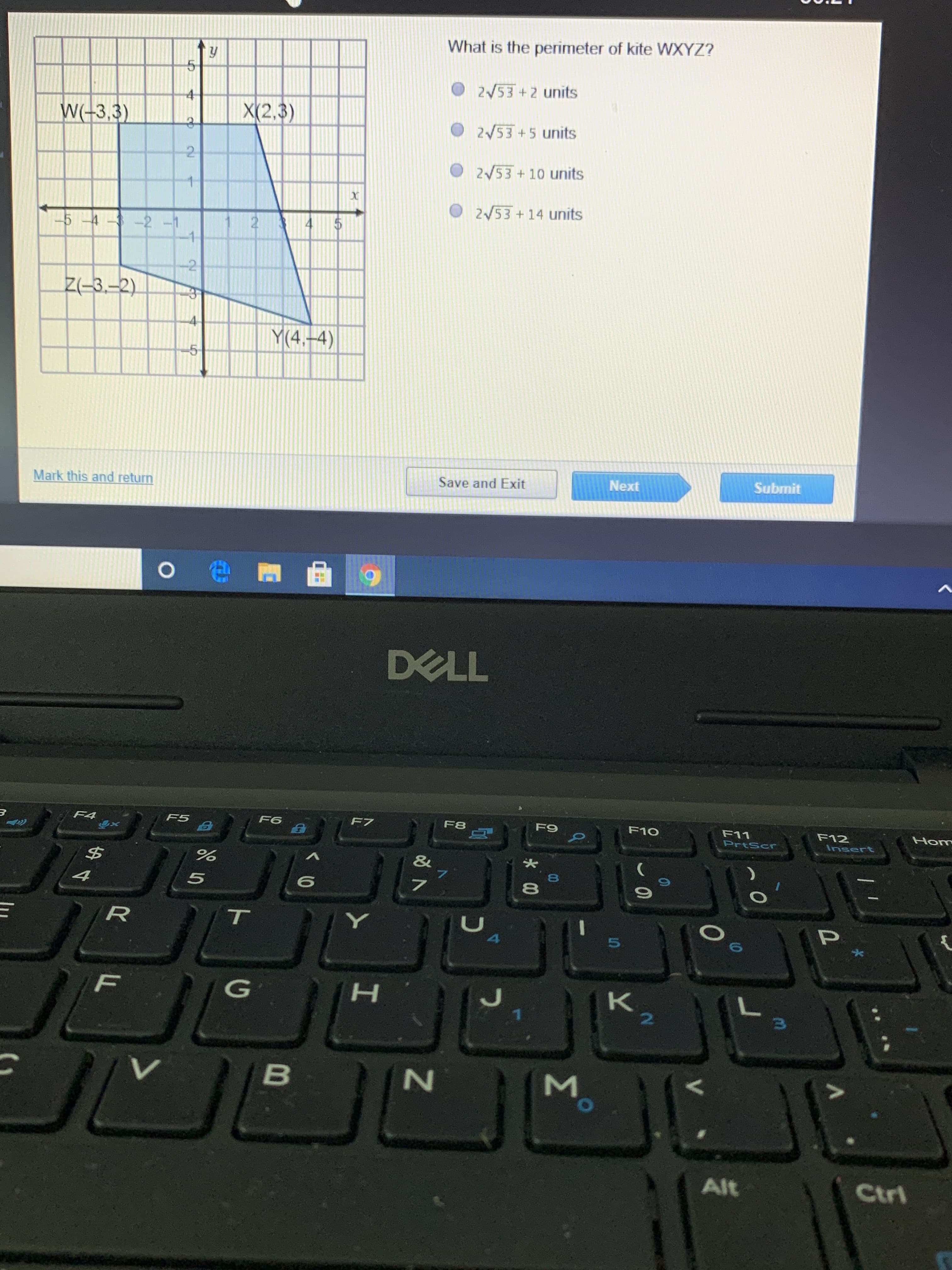Topic how to pronounce perimeter: Discover the secrets to perfectly pronouncing "perimeter", a commonly mispronounced word, and enhance your communication skills with our comprehensive guide.
Table of Content
Pronunciation Guide
The word \"perimeter\" is pronounced as /pəˈrɪmətər/ in American English and /pəˈɹɪm.ɪ.təɹ/ in British English. It is a four-syllable word, pronounced with the emphasis on the second syllable.
- The first syllable is pronounced as \"pə\" or \"puh\", with a soft and short \"p\" sound.
- The second syllable, which carries the primary stress, is \"rɪm\" in American English and \"ɹɪm\" in British English, where \"r\" is pronounced more prominently.
- The third syllable \"ə\" is a schwa, pronounced with a neutral and quick \"uh\" sound.
- The final syllable is \"tər\" in American English and \"təɹ\" in British English, with a soft \"t\" and a rolling \"r\" sound in British pronunciation.
Practicing with phonetic symbols and listening to audio examples from native speakers can help improve your pronunciation. Remember, consistent practice is key to mastering the correct pronunciation of \"perimeter\".

READ MORE:
How to Pronounce Perimeter
Pronounce: In this engaging video, you\'ll master the art of pronunciation! Learn to confidently pronounce tricky words and speak with clarity, so your words are always heard and understood. Dive into this pronunciation guide and watch as your speaking skills improve before your eyes!
Understanding Syllables and Stress
In English pronunciation, the concept of syllables and stress is crucial for speaking clearly and accurately. Each word is made up of syllables, which are units of sound, and one of these syllables is usually stressed more than the others. In the word \"perimeter\", there are four syllables. Understanding where the stress falls in these syllables is key to pronouncing the word correctly.
- Syllable Breakdown: \"Perimeter\" is divided into four syllables: pe-ri-me-ter. Each syllable represents a distinct unit of sound.
- Stress Pattern: In \"perimeter\", the stress is on the second syllable. This means that \"ri\" is pronounced with more emphasis compared to the other syllables. The correct pronunciation can be represented as /pəˈrɪmətər/.
- Stressed vs. Unstressed Syllables: The stressed syllable \"ri\" should be pronounced clearly and forcefully, whereas the other syllables should be softer and less emphasized. This stress pattern is consistent across various English accents.
- Importance of Stress: Proper stress is essential not just for pronunciation but also for communication. Misplacing stress can lead to misunderstandings or the word being unrecognized.
Practicing the pronunciation of stressed and unstressed syllables is a great way to improve overall speaking skills. Listening to native speakers and repeating words can help in mastering the correct stress patterns.

How to Pronounce Perimeter in British English
British English: Immerse yourself in the captivating world of British English! Watch this video to discover the charming nuances and unique accents of this esteemed language. From the Queen\'s English to regional dialects, you\'ll be enchanted by the elegance and sophistication of British English.
Perimeter Pronunciation: How to Pronounce Perimeter
Perimeter: Calling all math enthusiasts! This video will unravel the secrets of perimeter calculations like never before. With easy-to-follow explanations and visual examples, you\'ll develop a deep understanding of how to find the perimeter of any shape. Get ready to ace your math tests with this enlightening perimeter tutorial!
Common Mispronunciations and How to Avoid Them
When pronouncing \"perimeter\", common mispronunciations can occur. To help avoid these, here\"s a guide:
- Incorrect Vowel Sounds: One of the most frequent errors is mispronouncing the vowel sounds in the word. Ensure that the first \"e\" in \"perimeter\" sounds like \"puh\", the \"i\" is pronounced as a short \"i\" sound like in \"rim\", and the final \"er\" should be a soft \"er\" as in \"water\".
- Stress on the Wrong Syllable: Another common mistake is placing the stress on the wrong syllable. The correct stress should be on the second syllable, \"ri\", as in /pəˈrɪmətər/.
- Adding Extra Syllables: Avoid adding extra syllables. \"Perimeter\" has four syllables, and adding more can change the word\"s pronunciation significantly.
- Confusing with Similar Words: Be cautious not to confuse \"perimeter\" with similar-sounding words like \"parameter\". While they may sound similar, their meanings and pronunciations are different.
By focusing on these common errors and practicing the correct pronunciation, you can effectively communicate the word \"perimeter\" with clarity.

Comparison with Similar Words
Understanding how \"perimeter\" differs from similar-sounding or related words can help avoid confusion in pronunciation and usage. Here are some comparisons:
- Perimeter vs. Parameter: \"Parameter\" often gets confused with \"perimeter\". While \"perimeter\" refers to the boundary of a shape, \"parameter\" is used more broadly in mathematics and statistics to denote a variable. Pronunciation-wise, \"parameter\" stresses the second syllable, unlike \"perimeter\" which stresses the second syllable.
- Perimeter vs. Periphery: \"Periphery\" refers to the external boundary of a surface or area, similar to \"perimeter\". However, \"periphery\" is often used to describe the outer limits of an area in a more abstract sense, unlike the more geometric use of \"perimeter\".
- Similar Words: Words like \"border\", \"edge\", \"circumference\", and \"boundary\" are often associated with \"perimeter\" in meaning but differ in use and pronunciation.
- Translations and Variations: In other languages, similar words to \"perimeter\" include \"perimetro\" in Italian, \"периметр\" in Russian, and \"周囲\" in Japanese, each reflecting differences in pronunciation and linguistic structure.
By understanding these distinctions and pronunciations, one can accurately convey the intended meaning and avoid common errors in communication.
Usage in Sentences
The word \"perimeter\" is often used in a variety of contexts, particularly in mathematics, geography, and everyday language. Its pronunciation, phonetically transcribed as /pəˈrɪmɪtə/ or /pɚˈɪmətɚ/, can be better understood through its usage in sentences. Here are some examples:
- \"The perimeter of the garden was marked with a low fence to keep the rabbits out.\"
- \"In mathematics, calculating the perimeter of a shape involves summing the lengths of all its sides.\"
- \"During the security drill, guards were stationed at every point along the perimeter of the building.\"
- \"The children played a game where they raced around the perimeter of the schoolyard.\"
- \"The architect discussed the perimeter of the proposed building site with the construction team.\"
These examples show how the word \"perimeter\" can be seamlessly incorporated into various sentences, enhancing comprehension of its pronunciation and application in different contexts.

_HOOK_
Interactive Pronunciation Tools and Resources
Improving the pronunciation of \"perimeter\" is made easier with various interactive tools and resources available online. These tools are designed to cater to different learning styles and preferences, offering a range of functionalities from audio examples to pronunciation tests.
- HowToPronounce.com: This platform offers a practice mode where users can record their pronunciation of \"perimeter\" and compare it with existing audio examples. It\"s an excellent way to self-assess and improve your pronunciation skills.
- Promova: Promova provides a comprehensive pronunciation tool where users can listen to the word \"perimeter\" pronounced in different accents. It breaks down the word into individual sounds to help learners master each part before attempting the whole word. The platform also suggests recording yourself and practicing with native tutors.
- AccentHero: For a more detailed approach, AccentHero presents an American English pronunciation guide for \"perimeter\", complete with audio examples by male and female speakers. It offers tests to check your pronunciation against native speakers and includes a feature to learn the precise pronunciation of each syllable.
These tools are highly beneficial for both beginners and advanced learners looking to perfect their pronunciation of \"perimeter\". By using these resources, learners can practice at their own pace and comfort, gradually improving their pronunciation skills.

Historical and Etymological Background
The term \"perimeter\" has a rich etymological and historical background that dates back to ancient civilizations. Its roots can be traced back to the Greek word \"perimetron\", a compound of \"peri\", meaning \"around\", and \"metron\", meaning \"measure\". This etymology reflects the concept of measuring the distance around an object, such as the boundary or outer edge of a geometric shape.
Historically, the concept of perimeter was utilized by ancient civilizations such as the Egyptians and Babylonians around 1800 B.C.E. These civilizations applied the principles of perimeter and circumference in their architectural and irrigation projects, although specific records of these calculations, like the use of Pi, were not documented in archaeological findings. The Greek mathematicians, including Archimedes and Eratosthenes, further advanced the understanding of these concepts, with Eratosthenes notably calculating the Earth\"s circumference. The term \"perimeter\" itself first appeared in English in the late 16th century, around 1590, derived from Latin and Greek influences.
Throughout its history, the concept of perimeter has been integral in various fields, including mathematics, architecture, and construction. It serves as a fundamental measurement in determining the size, extent, or enclosure of objects and areas, from simple shapes to complex structures. The perimeter outlines the outer limits, providing a clear demarcation between the internal and external spaces. Its usage spans from everyday applications, like measuring a plot of land, to complex geometrical calculations in advanced mathematics.

READ MORE:
Advanced Pronunciation Techniques
Mastering advanced pronunciation techniques in English involves a deep understanding of sounds, stress patterns, rhythm, and intonation. Here are some strategies and exercises to help enhance pronunciation skills:
- Emphasizing Pronunciation of Vowels and Consonants: English pronunciation is reliant on the correct articulation of vowels and consonants. Mispronunciation can lead to misunderstandings. Practicing words with challenging vowel and consonant sounds can significantly improve clarity in speech.
- Mastering Word Stress and Sentence Stress: Stress patterns in English are critical for conveying the correct meaning. Understanding and applying correct word and sentence stress improves the flow and clarity of speech.
- Fine-Tuning Rhythm and Intonation: English is a stress-timed language, meaning the rhythm is based on stressed and unstressed syllables. Intonation, or the melody of speech, is also crucial for sounding natural. Practice with songs or native speaker audio can be beneficial.
- Active Listening: Active listening is crucial for improving pronunciation. It involves focusing on and understanding the speaker, enabling you to mimic their pronunciation, stress, rhythm, and intonation. Strategies for active listening include being fully attentive, avoiding distractions, and practicing regularly.
- Shadowing Technique: Shadowing is an active exercise where learners repeat what they hear in real-time, helping to improve pronunciation, rhythm, intonation, and speech speed.
- Phonetic Transcription: Using the International Phonetic Alphabet (IPA) to understand the pronunciation of words is a useful technique. It provides a visual way to understand how to pronounce complex words.
- Dealing with Difficult Sounds and Words: English contains sounds that can be challenging for non-native speakers, like the ‘th’ sound, short and long vowels, and silent letters. Identifying and practicing these sounds specifically can improve pronunciation accuracy.
- Using Technology: Technology like speech recognition tools can provide personalized, immediate feedback, making learning more efficient. Tools like Lillypad.ai offer real-time feedback on pronunciation, helping learners identify and correct their mistakes.
- Practicing Pronunciation in Real-World Contexts: Applying pronunciation skills in real-life situations is essential. This includes repeating after native speakers, engaging in conversations, and using conversational practice groups or language exchanges.
By incorporating these techniques into regular practice, learners can enhance their pronunciation, moving towards fluency and confidence in English speech.
Embark on a journey to master the pronunciation of \"perimeter\" with our comprehensive guide. From historical insights to advanced techniques, we provide the tools to enhance your speech and confidence in English. Discover the art of perfect pronunciation with us!

